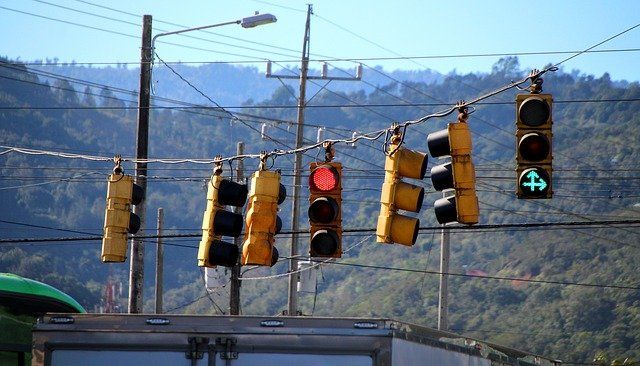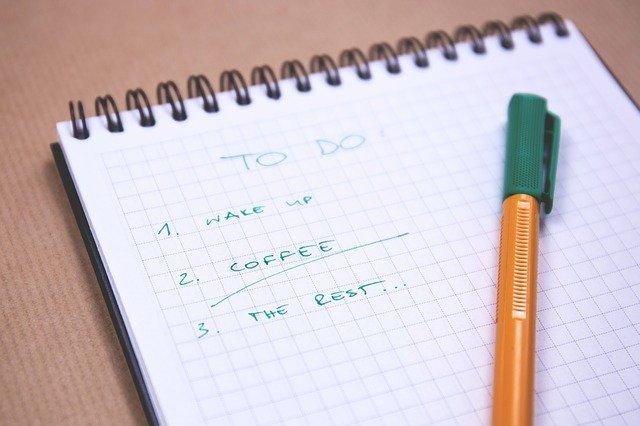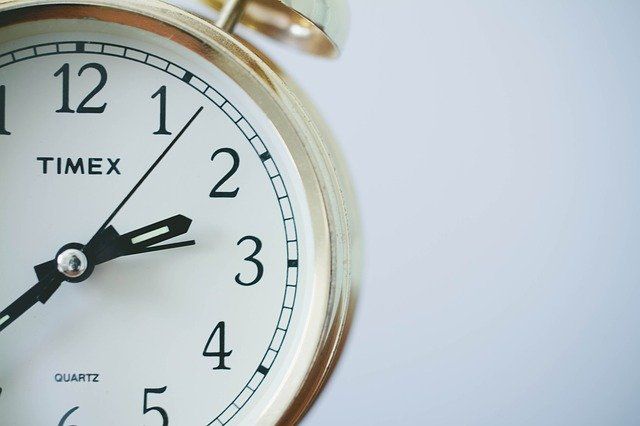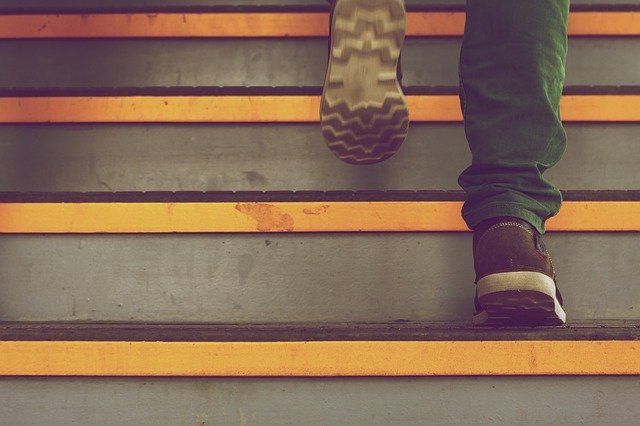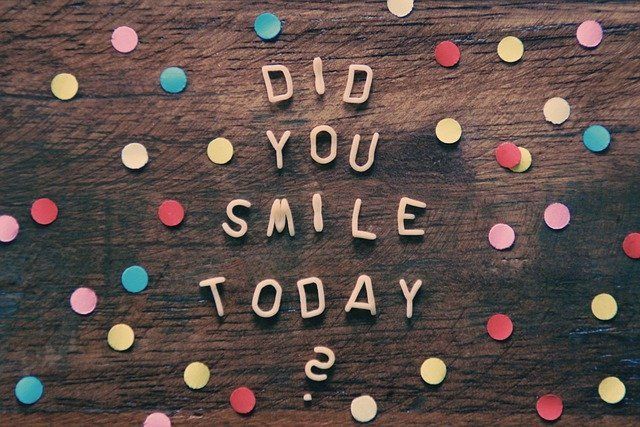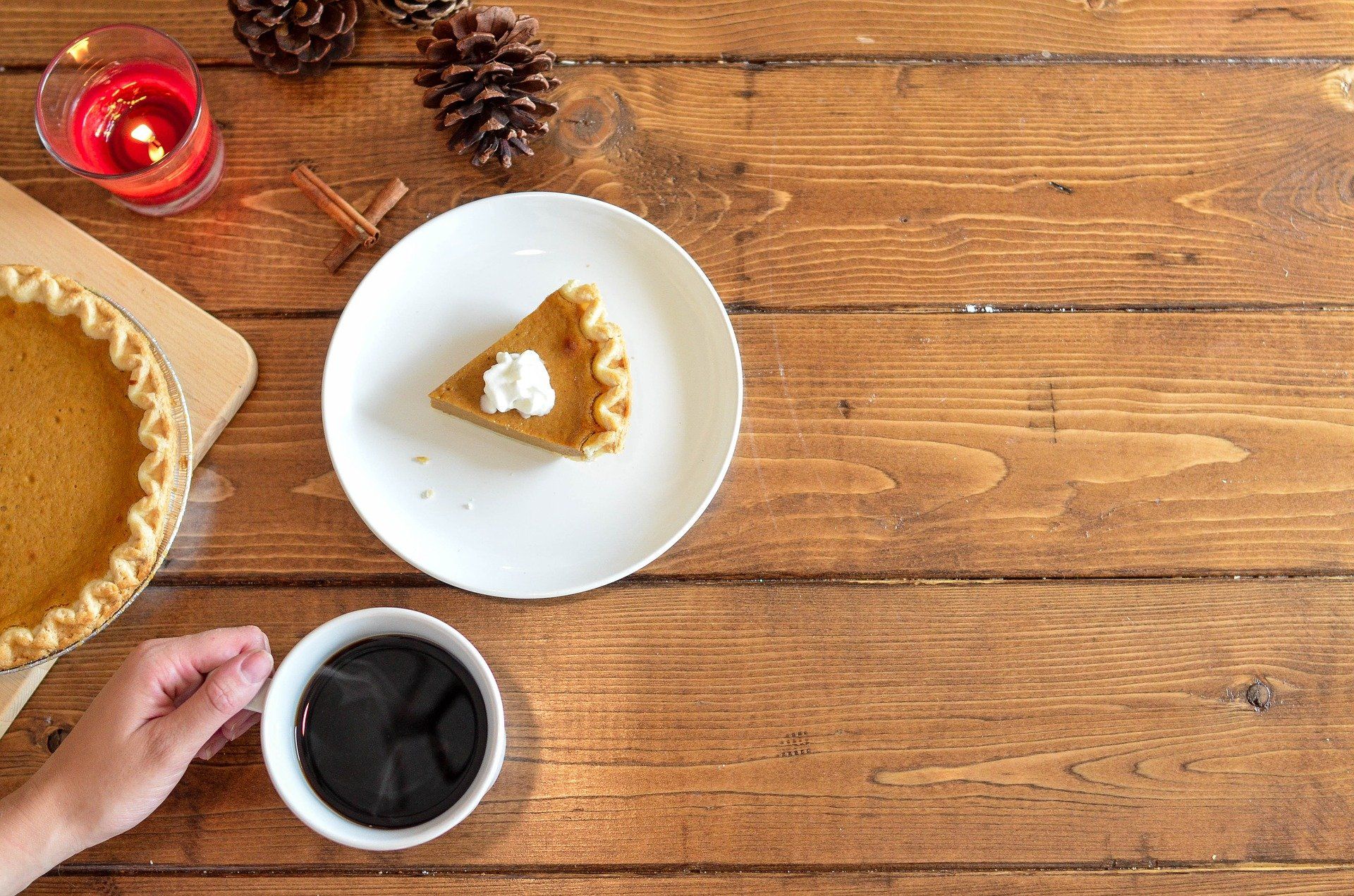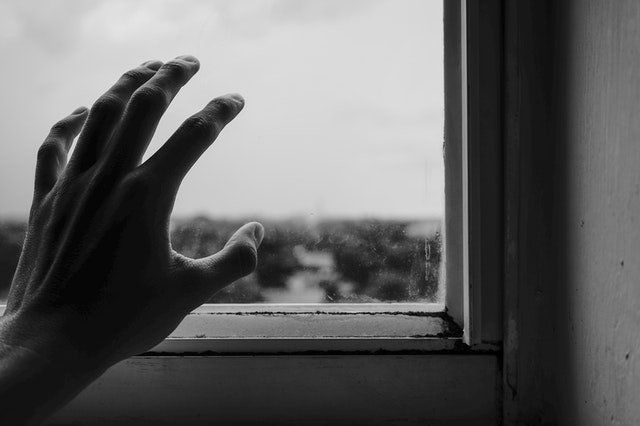How to Get Things Done When You Have Anxiety
Anxiety impacts our memory, concentration, planning, and problem-solving. You procrastinate because avoiding work or chores helps lower your anxiety. Then your anxiety flares when you don’t get anything done. Here are 5 strategies that can help you get things done even if you’re anxious.
Why can’t I get anything done when I’m anxious?
Stress and anxiety are like a black hole. They suck up anything around them, including your energy and motivation.
- When you’re anxious, your brain’s ability to handle and organize information is significantly lower than it should be.
Usually, the brain is quite good at sifting through information and deciding whether to use, store or chuck it.
When you’re dealing with anxiety, this natural process is faulty.
As a result, you become confused and overwhelmed easily. Learning, planning, and remembering also become really difficult.
- You also tend to doubt yourself and assume you’ll mess up. As a result, you wait for the perfect moment or idea to get started.
When that doesn’t happen, your anxiety gets worse and your creativity tanks. It’s a constant cycle.
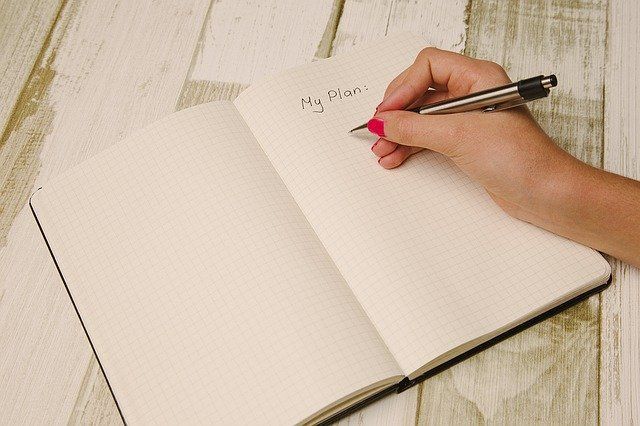
How to get things done when you have anxiety
Your brain will put blinders on to make sure you can get through a day without shutting down. It’s not going to focus on solving challenging problems.
Your brain does this to keep you alive. When you’re anxious, your brain shuts off everything that isn’t needed to help you survive right now.
We’re talking about really basic needs like food, water, and safety.
Email and coordinating after-school activities don’t count as basic needs.
In order to help an anxious brain get things done, you have to do 2 things:
- Use strategies: They’re like a map or tool that keeps you from working too hard. They also free up mental space.
- Break things down into little steps: An anxious brain can handle a little bit. Once you’ve succeeded with one step, your brain is more likely to try another.
Strategies for getting things done when you have anxiety
Here are five strategies that will really help you get unstuck, feel less overwhelmed, and get things done.
Strategy 1: Expect and Accept What You Can Realistically Accomplish:
- You are going to make mistakes and have trouble finishing everything on your to-do list.
It’s better to accept that than beat yourself up. Then you can plan accordingly.
- Aim for 75% complete rather than 100%.
If you can do more than 75%, fantastic! Don’t limit yourself on a good day.
- Expect and accept that mistakes will happen.
Build in extra time to deal with that.
Strategy 2: Make and use a to-do list that only has 5 items on it:
- Pick 5 small things to do and focus on them until they’re done.
Each item should be one thing. Cleaning the house is 100 things. Making the bed is one thing.
Focus on one task and complete it before moving on.
When your original 5 items are done move on to the next 5 things by creating a new list on a new piece of paper.
Strategy 3: Prioritize:
- Create your to-do lists based on your answers to these questions:
What is a must-have vs. a nice-to-have? Work on the “must-have” items first.
- Ask yourself these questions to figure out your “must-have” or “must-do” items:
What needs to happen now?
What must be done first because it’s urgent or time-sensitive?
What must get done so that I can get through today?
Strategy 4: Divide your tasks and time into small chunks:
- Avoid pulling marathon sessions so that you don’t burn yourself out.
When you’re anxious, you don’t pay attention to signals from your body telling you it’s time to rest or stop completely.
You usually pay attention once you feel too tired or sick to continue. By this point, you’re burnt out and it will be harder to recover.
If you stop and take breaks, your energy and mental space will last longer.
- Break tasks up into chunks and take breaks every 20-30 minutes.
While on break, step away so that you can actually recharge.
Set a timer so that your break time is limited.
Actually get back to it. Anxious brains love to procrastinate. It helps them avoid the stressor.
Next Steps
Getting things done when you’re anxious is really hard. It takes a lot of energy to get over your fears and desire to avoid facing anything.
You don’t need to try all of these strategies at once.
Pick one or two strategies and do them every day for a month.
Once they are a habit, add another one.
As you free up mental space, your anxiety and brain fog will decrease.
Making a few small changes on a regular basis can really go a long way!
This blog post explains an easy system you can use to get things done when you don’t feel like it.
Contact us if you’re overwhelmed and can’t get anything done no matter what you try.
We’re anxiety and OCD experts who give people the tools they need to feel in control of their life again.
Please contact us to set up an appointment.
We can help give you information, a map for next steps, and hope that you can have the life you want.
Wishing you the best,
Dr. Levy
Director
Dr. Ronit Levy is a clinical psychologist and director of Bucks County Anxiety Center in Newtown, PA. She specializes in treating teens and adults struggling with anxiety due to Anxiety Disorders, OCD, chronic illness, and life events. Dr. Levy trains and supervises other therapists and presents on mental health in the community.
Anxiety & OCD Blog Latest Posts
About Us
The therapists who practice at Bucks County Anxiety Center work with teens (ages 14 and up) and adults struggling with anxiety and OCD.
All Rights Reserved | Bucks County Anxiety Center

